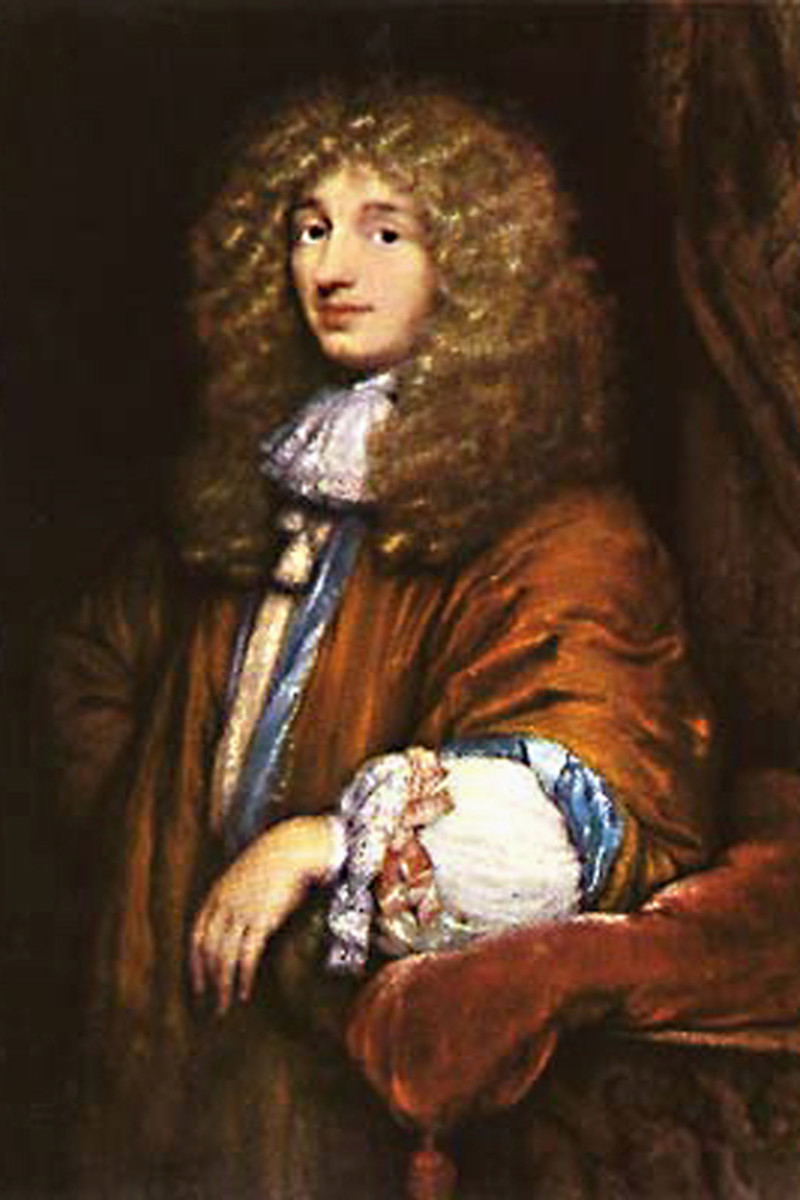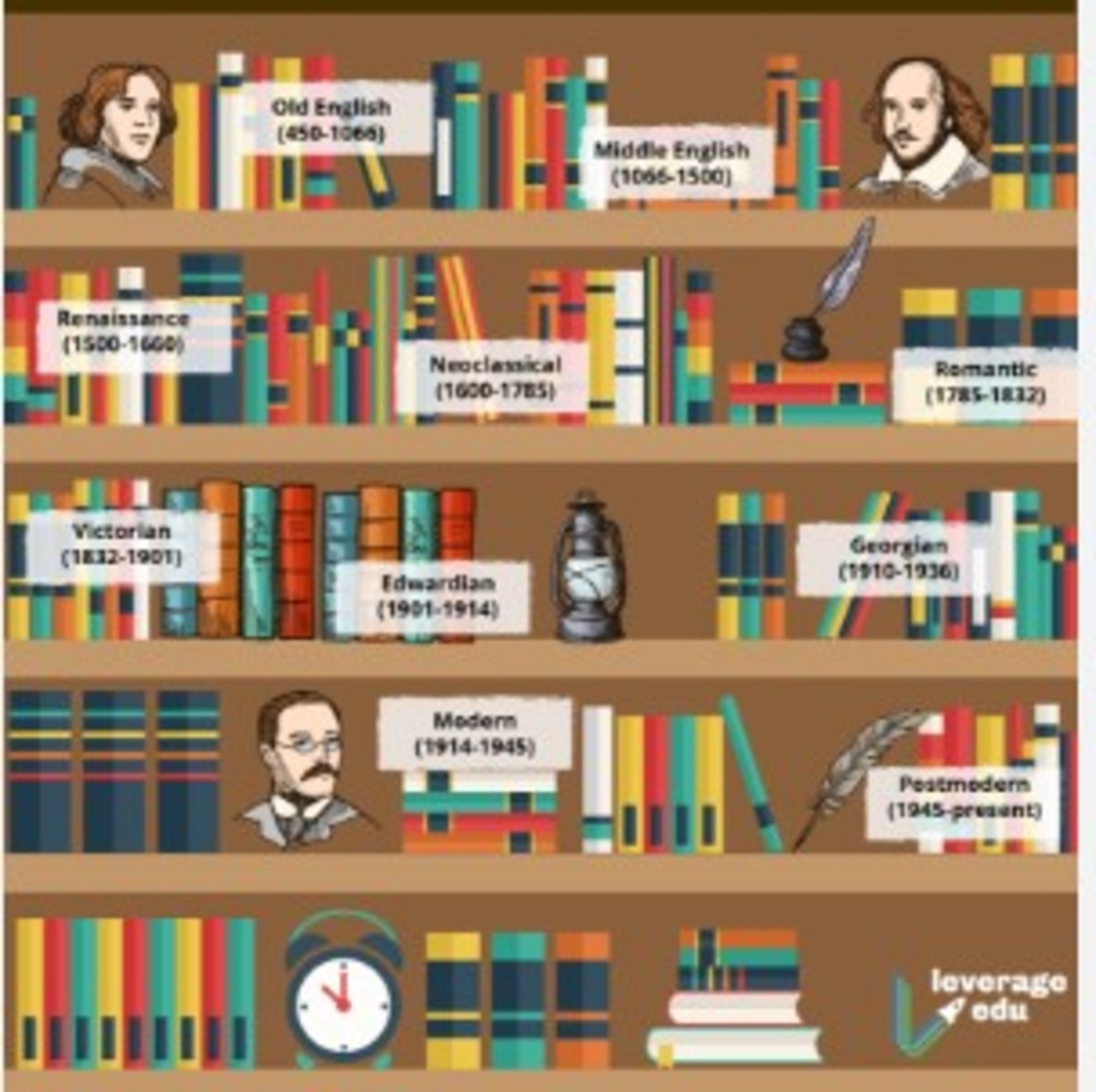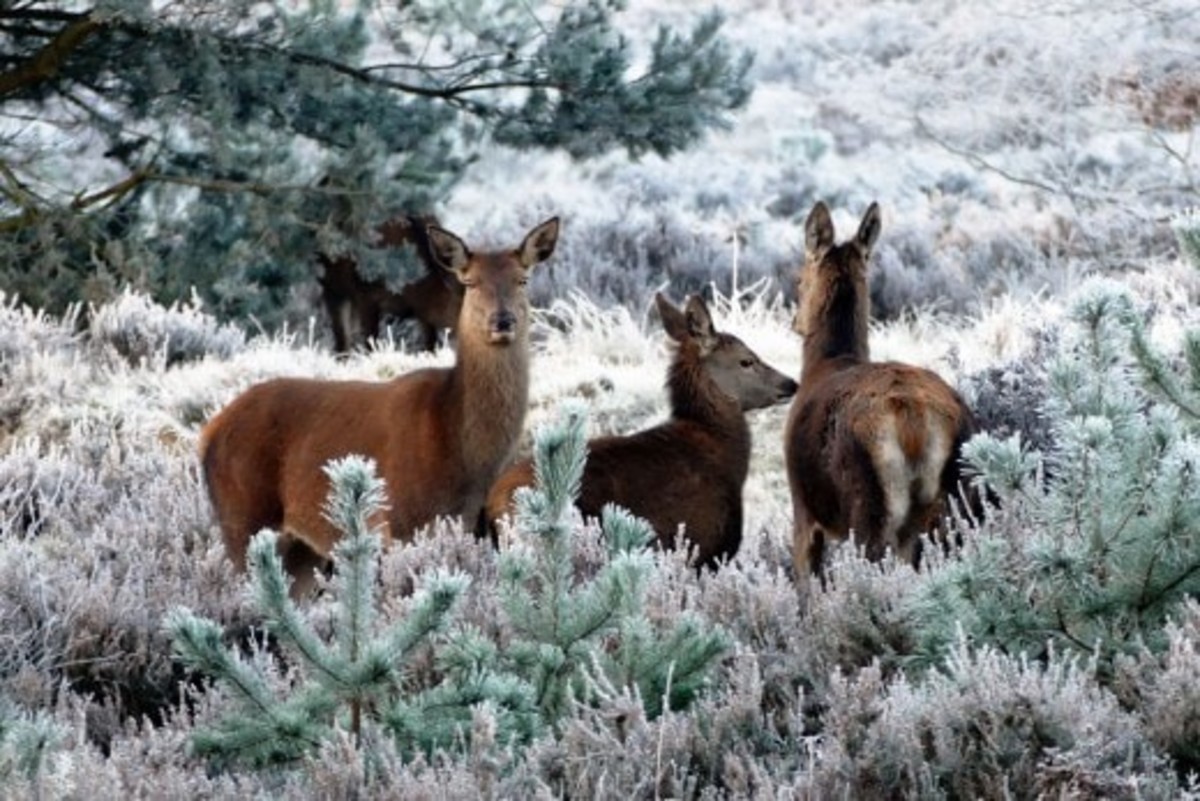The Affect of Science on Literature

Does really science affect literature?
How Science affects literature and vice-versa
Bacon in the 16th century was fully conscious of a marked increase in the area of investigation and at the same time a gradual decrease in the area of myth, mystery, imagination and belief. He discarded Galileo and Kelper and refused to take seriously the Gilbert’s work o magnetism. In same way, the other creative writers of the 16th century did not feel in any strong way the impact of science. John Donne was the first outstanding creative writer to be disturbed by the new learning in science and astronomy. Science leads him to a skepticism which was not passive disbelief but an actual faith that the soul on earth cannot possess itself of full knowledge. Even sir Thomas Browne, Richard Baxter and Jeremy Taylor has each in his own way an equal approach to science.
The first major attack upon science came in the early 18th century; with Jonathan Swift as its leader; from those whose main concern was with literature. In the Battle of the Books he defended the ancient against the moderns, which could be interpreted as defending the tradition, learning of Aristotle against the methods of modern investigation. The major and frontal attack upon science came later in the third book of Gulliver’s’ Travels. But Swift was bleakly unaware of what were the aims and purpose of the science he attacked. Of all the major intellects of his time he alone seemed unmoved by Newton’s greatness. It can, of course, be urged that Swift despite all this venom had a prophetic quality in his attack. His attack on science was only part of his attack on vanity and pretension of mankind as a whole. It was around the work and personality of Newton that a number of imaginative writers of the eighteenth century determined their relation to science. Apart from Swift and Pope, who began with a definite prejudice against science; the earliest reaction to Newton was one of commendation. When Newton died, Ramsay, Gover and James Thompson wrote several odes and eulogy of Newton’s achievements.
Among the Romantics, Keats is an example of literature untouched by science. Wordsworth’s dislike of science is expressed in the words “we murder to dissect.” But in the Prelude he expressed his admiration for science and particularly for Newton. Wordsworth reasserted his desire to discover means of co-operation between science and art when he said that the poet “will be ready of follow the stops of Man of Science not only in those general indirect effects, but he will be at his side carrying sensation into the midst of the objects of science itself. The remotest discoveries of the chemist or mineralogist will be as proper objects of the poets’ art as any upon which it can be employed, if the discoveries of scientists affected us as “enjoying and suffering beings.”
The younger generation of romantics was less interested in their relation to science than either Wordsworth or Coleridge. Shelley had a great enthusiasm for the knowledge of science. White head in ‘Science and the Modern World” goes as far as to say the “had he lived a hundred years later, the twentieth century might have seen a Newton among chemists.” His lyric the Cloud is totally based on scientific knowledge. The noted on Queen Mab show that astronomy had strongly affected his imagination.
In the middle and late 419th century there was a continuance of the fear expressed by some of the romantic poets that science would encourage the mechanistic view of life. This was combined with an increasing antagonism to technology and to the industrial society on which it was based. Ultimately this led to the aestheticism of ‘art for arts’ sake’; so openly dominant at the close of the century. Meanwhile there developed in the mid 19th century a new and powerful influence from biology. It appeared as a formidable challenge that man himself was a part of the system of creation and that his special place in nature was a mere illusion. This conclusion was defined by Tennyson as early as 1860 in In Memoriam, where he confessed the loneliness and the despair which the new scientific view of the world had imposed upon him. The major movement of the 19th century poetry attempts to reject science altogether. That is the path which Arnold, Morris, Rossetti, Swintiurne followed, with the result that there appeared a wide separation between the scientist and man of letters.

Science and Literature in 20th century
The 20th century has brought few fundamental differences in the relationship of scientist and writer. In the present century H.G. Wells and Bernard Shaw have reacted to science in contrasted ways. In the scientific romances of Wells, not only does the whole story hand on a scientific theory, discovery or possibility; every incident and episodes in it is in accord with the temper of science. It is by the dint of the consummate harmony between the scientific temper and creative imagination that Wells anticipated several times some of the inventions and discoveries that saw the light of the day after the romances. With the eyes of a visionary he grasped the immense possibilities for the re-shaping of the world- society under the stimulus of modern science. There have been some individually organized expeditions in the scientific field but they did not represent more than personal marauding raids which leave the main position unchanged. For instance, H.G. Wells caught the imagination of a new public in his scientific romances. Though in one way he engaged the mind of his generation by his scientific optimism, yet he made no new contribution to the position of the artist in an increasingly mechanized society. In his Brave New World Huxley depicts a civilization in which babies are decanted from bottles, happiness is mass-produced by sleep hypnosis and God and Good are banished altogether.
Bernard Shaw’s imperious urge and will to discern meaning and purpose in Evolution made him revolt against Darwinian biology and adopt Noe-Lamarckism as the guiding principle behind his ‘Back to Methuselah’. But even in his rebellion against science, as in his doctrine of his Life-Force, he shows the spirit of science, which in his case is blended with a strain of mysticism. Even Freud once confessed, “The poets and philosophers discovered the unconscious. What I discovered was the scientific method by which the unconscious can be studied.” Yet though he comes as a friend, Freud’s attitude toward art is one of contempt. To him art is “substitute gratification, an illusion in contrast reality.”
Despite the difficulty of combining the function of the scientist and the artist within one personality, some scientists have shown a very considerable appreciation of the arts. Sir Humphrey Davy had not only an interest in the arts, he practiced the art of verse. Coleridge said, “If Davy had not been the first chemist, he would have been the first poet of his age.” Darwin in Autobiography confesses his great love for poems in his early age and for the novels in the latter.
When one comes to the other side of the picture and studies the artist’s relation to science, one is reminded of Keats as a medical student slaving his way for the end of an economic servitude. But once the examinations were over, he closed his mind to science forever. The last figure in Europe to keep a position of command in both the sciences and arts was Goethe. He regarded his view of color as so important that he was led to affirm, “I do not attach importance to my work as a poet, but I do claim to be alone in my time in apprehending the truth about color. The contemporary period has not been without examples of outstanding scientists who have also been poets. The most remarkable was Sir Charles Sherrington who in 1925 wrote the book The Assaying of Brabntius and other Verse containing a remarkable sonnet The Body of a Man. So science and art will work in and out of one another in a perpetual swing of pendulum and we shall always be having a richer apprehension than before.






